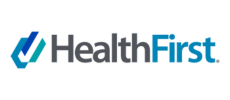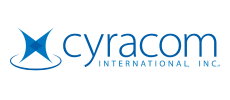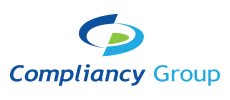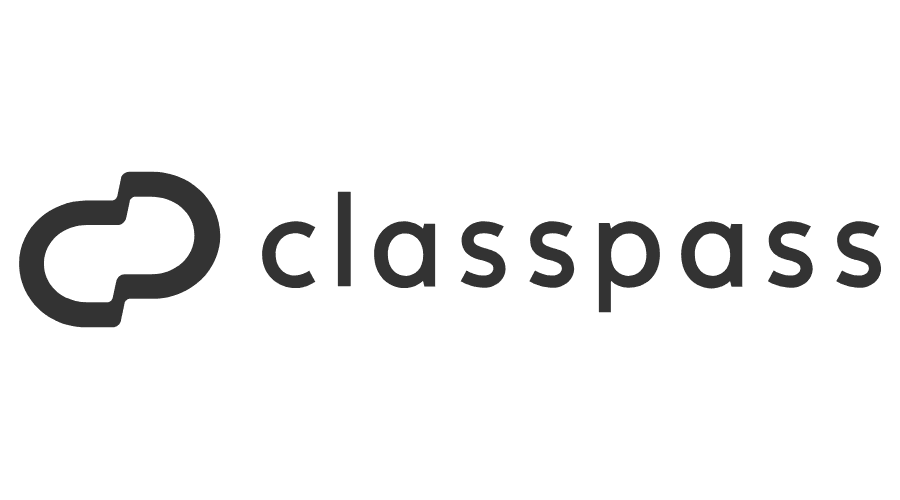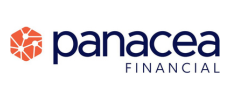NIH Revises Fellowship Grant Application Process
Per the notice below, the National Institutes of Health (NIH) has revised its fellowship grant application process to be more inclusive.
NIH modifies application and review process for fellowship grants to broaden scientific trainee pool
The National Institutes of Health (NIH) is revising the application and peer review process for grants that enable external institutions to recruit for research training fellowships. Fellowship training awards are a critical part of the development of the biomedical research workforce. The revised approach for peer review of fellowship applications is designed to enhance participation from strong applicants at smaller schools, mentors relatively early in their careers, and well-qualified students with less-conventional academic backgrounds. These changes will be effective for fellowship applications due on or after Jan. 25, 2025.
“NIH is potentially leaving out promising scientists for training opportunities due to a process that too heavily favors elite institutions and senior sponsors who are well known. This has led to an overly narrow emphasis on traditional markers of early academic success,” said NIH Director Monica M. Bertagnolli, M.D. “These changes are aimed at improving the path for talented scientists who might not be recognized under the current system.”
NIH awards individual fellowships to help scientists develop and extend their skillset as contributing members of the biomedical research workforce. An evaluation of the fellowship review process raised concerns that the applicant pool was too concentrated among a few schools and that the process over-emphasized sponsor seniority, reputation of the sponsor and institution, and undergraduate grades. This led to some strong applicants being unfairly disadvantaged. While NIH will not be revising the peer review criteria required by regulation, NIH will modify how those criteria will be considered by peer reviewers by focusing on three key factors — the potential of the candidate, strength of the research training plan, and the commitment to the candidate on the part of the sponsor and the institution. Additionally, the application process will be updated to reduce the burden by shortening the application overall and making clear who, candidate or sponsor, is responsible for which material. The requirement for submission of undergraduate or graduate grades will be removed.
Over the past few years, multiple concerns were raised about reputational and career-stage bias, the information used to judge candidates, and a burdensome application process for both candidates and reviewers. Data analyses supported these concerns. In developing the improved fellowship peer application and review process, NIH solicited feedback from multiple sources. Comments submitted in response to a 2023 public request for information were generally supportive of the effort but called for more clarity in the review criteria and application instructions. Based on that feedback, the initial proposal was modified, resulting in the current changes that are now being implemented. For more information on the impending changes, please visit: https://grants.nih.gov/policy/peer/improving-nrsa-fellowship.htm.
About the NIH Center for Scientific Review (CSR): CSR organizes peer review groups that evaluate the majority of grant applications submitted to NIH. These groups include experienced and respected researchers from across the country and abroad. Since 1946, CSR's mission has been to see that NIH grant applications receive fair, independent, expert, and timely reviews — free from inappropriate influences — so NIH can fund the most promising research. CSR also receives all incoming applications and assigns them to the NIH institutes and centers that fund grants. For more information, go to http://www.csr.nih.gov.
About the National Institutes of Health (NIH): NIH, the nation's medical research agency, includes 27 Institutes and Centers and is a component of the U.S. Department of Health and Human Services. NIH is the primary federal agency conducting and supporting basic, clinical, and translational medical research, and is investigating the causes, treatments, and cures for both common and rare diseases. For more information about NIH and its programs, visit www.nih.gov.

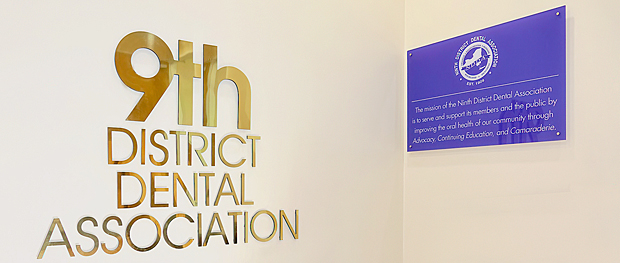


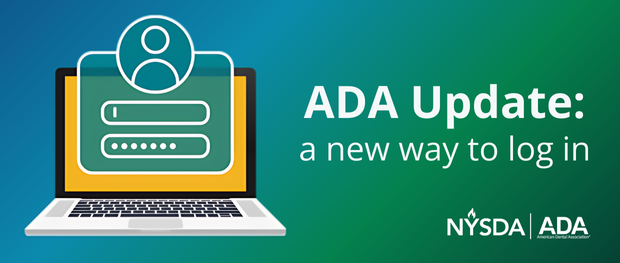
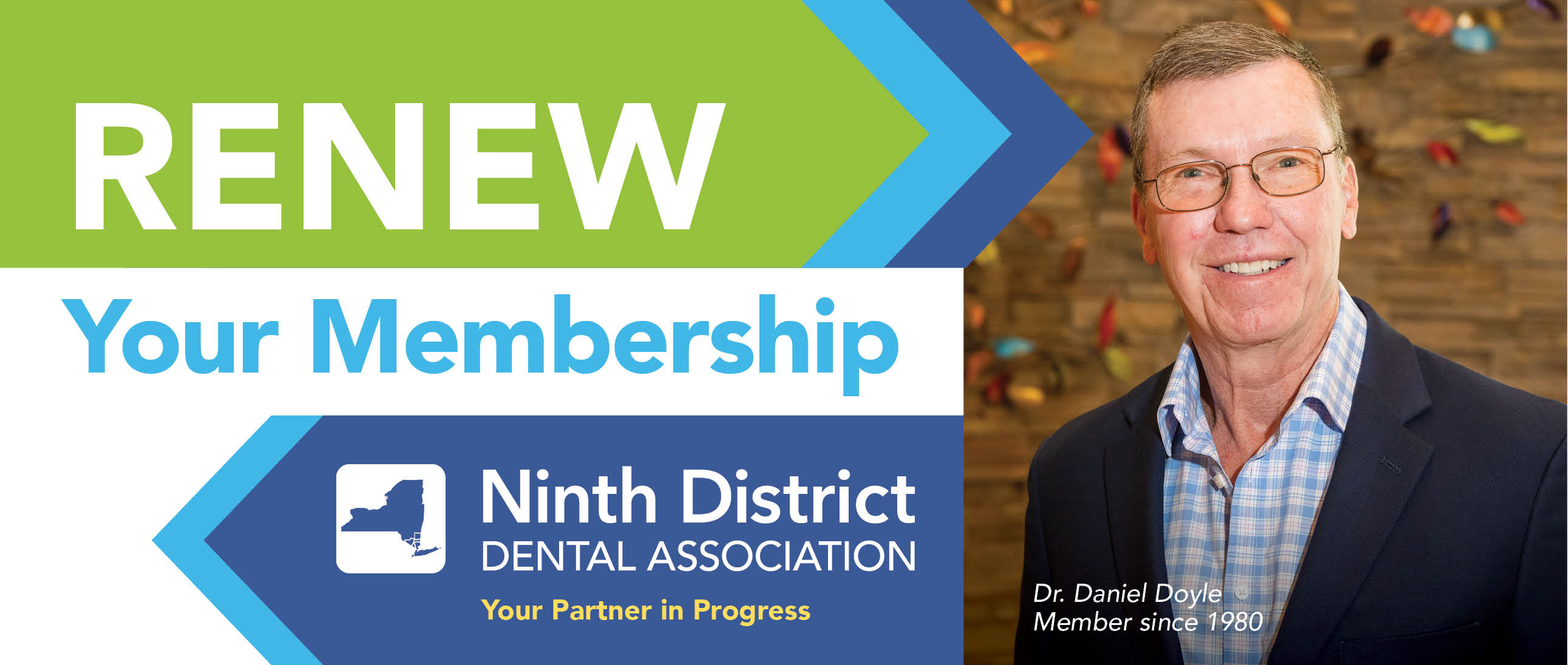
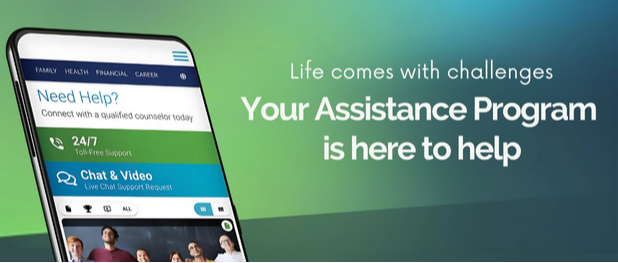




.png?sfvrsn=4447de7f_1)








